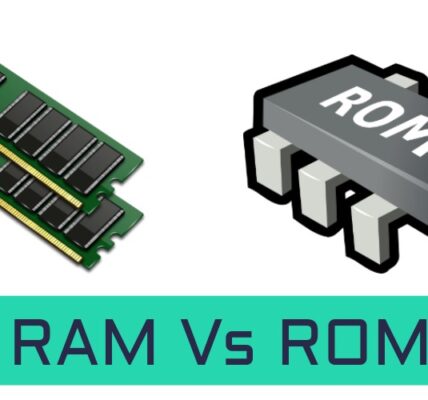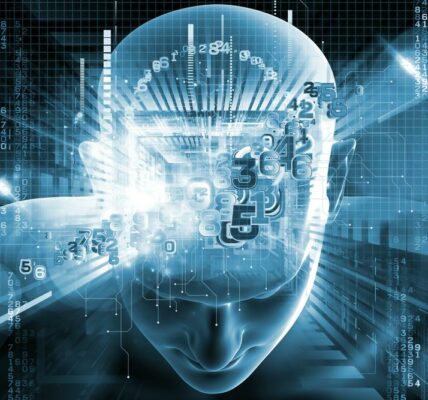Computers have evolved significantly over the years, driven by continuous innovation and technology trends. In this guide, we’ll explore the latest trends shaping the future of computers, from artificial intelligence and quantum computing to edge computing and 5G connectivity. These emerging technologies are poised to revolutionize the computing landscape and redefine the way we work, communicate, and interact with technology.
Artificial Intelligence (AI) and Machine Learning
Artificial intelligence (AI) and machine learning are revolutionizing computers’ capabilities, enabling them to perform complex tasks and make intelligent decisions autonomously. AI-powered applications are being used in various domains, including natural language processing, computer vision, and predictive analytics. As AI algorithms become more sophisticated and powerful, they are transforming how computers process information, learn from data, and interact with users, driving innovation and efficiency in the digital age.
Quantum Computing
Q Computing represents a paradigm shift in computer architecture, harnessing the principles of quantum mechanics to perform calculations at unprecedented speeds. Quantum computers leverage quantum bits, or qubits, to process and store information, enabling them to tackle complex problems that are beyond the reach of classical computers. While still in the early stages of development, quantum computing holds the potential to revolutionize fields such as cryptography, drug discovery, and optimization, ushering in a new era of computing power and capability.

Edge Computing
Edge computing is transforming how computers process and analyze data by bringing computation closer to the data source. By decentralizing computing resources and moving processing tasks to the network edge, edge computing reduces latency, enhances scalability, and improves data privacy and security. This enables real-time applications and services, such as autonomous vehicles, industrial automation, and augmented reality, to operate more efficiently and effectively, driving innovation and agility in the computing landscape.
5G Connectivity
The rollout of 5G networks is revolutionizing connectivity and enabling a new generation of computing experiences. With its high-speed, low-latency connectivity, 5G technology is unlocking new possibilities for cloud computing, Internet of Things (IoT) devices, and mobile applications. From ultra-fast downloads and seamless streaming to real-time collaboration and immersive gaming, 5G connectivity is transforming how computers access and process data, enabling faster, more responsive, and more immersive computing experiences.
Augmented Reality (AR) and Virtual Reality (VR)
Augmented reality (AR) and virtual reality (VR) technologies are blurring the lines between the physical and digital worlds, creating immersive and interactive computing experiences. AR overlays digital content onto the real world, enhancing our perception and interaction with the environment, while VR creates entirely virtual environments for users to explore and interact with. Therefore, from gaming and entertainment to education and training, AR and VR are reshaping how we experience and interact with computers, unlocking new possibilities for creativity, productivity, and entertainment.
Wearable Technology
Wearable technology is increasingly integrating with computers, offering new ways to interact with digital devices and access information on the go. Moreover, from smartwatches and fitness trackers to augmented reality glasses and smart clothing, wearable devices are revolutionizing how we interface with computers and collect data about our health, activities, and surroundings. These devices leverage sensors, connectivity, and advanced computing capabilities to provide real-time insights and personalized experiences, enhancing productivity, health monitoring, and entertainment.
Conclusion
As technology continues to advance at a rapid pace, the future of computers looks more exciting and promising than ever before. Therefore, from artificial intelligence and quantum computing to edge computing and 5G connectivity, these emerging technologies are revolutionizing the computing landscape and driving innovation across industries. Also, by staying informed about these trends and embracing new opportunities, we can harness the power of technology to create a more connected. Also, intelligent, and immersive computing experience for generations to come.





